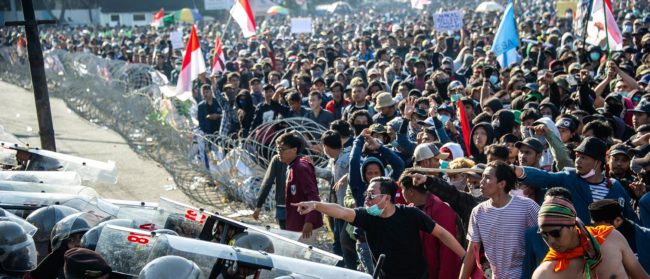Five months have passed since Siam Theerawut’s mother heard that her son had disappeared. Speaking from her home in Bangkok, she tried to hide the pain written on her face. Her daughter, Ink, 32, sat by her side looking down at her hands as we talked. They still have hope that he’s alive. But most of his friends and fellow dissidents doubt that the young activist is alive at all. Most likely, they say, their fellow exile was forcibly disappeared by powerful figures from within the government for holding views condemned by the establishment as extreme, radical. Even dangerous.
But to his friends and family, Siam was none of those things.
“He was always so caring towards us,” said Kanya Theerawut, Siam’s mother, the sorrow tight in her throat. “He would come home from work and the first thing he would do was come sit next to me and ask about my day and how I was doing. He always asked if I needed anything at all. But one day he told me that he would be travelling for a bit. We didn’t know that he was not going to come back.”
Siam Theerawut was rarely seen without a book in his hand. His friends knew him as an artist, a budding linguist, a man deeply curious about the subtleties of different Southeast Asian cultures. He was devoted to his family and friends. They described him as soft-spoken but sharply articulate – characteristics that complemented his breadth of knowledge of literature and history.
But Siam was never content to keep his nose buried in a book. Like many Thais, he believed that his country could modernise into a sustainable democracy with social values that could positively affect all members of Thai society. He wanted equality for the poor and believed Thailand was ready to evolve away from a history of coups and strongman leadership. But it was his criticism of the monarchy that put him in danger. It was his unwillingness to stay silent about the injustices he saw around him – and his peaceful association with firebrand political leaders – that may well have speeded the day of his disappearance.
In Thailand, pro-democracy activists and critics of the powerful monarchy have been disappearing in startling numbers. Eight dissidents have disappeared since June of 2014. Two of those eight men were brutally murdered, a gruesome discovery late last year on the banks of the Mekong.
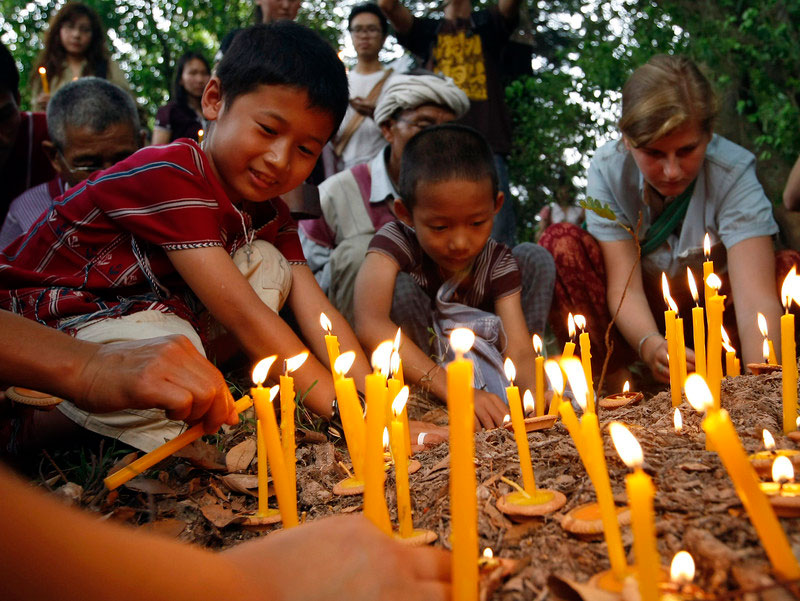
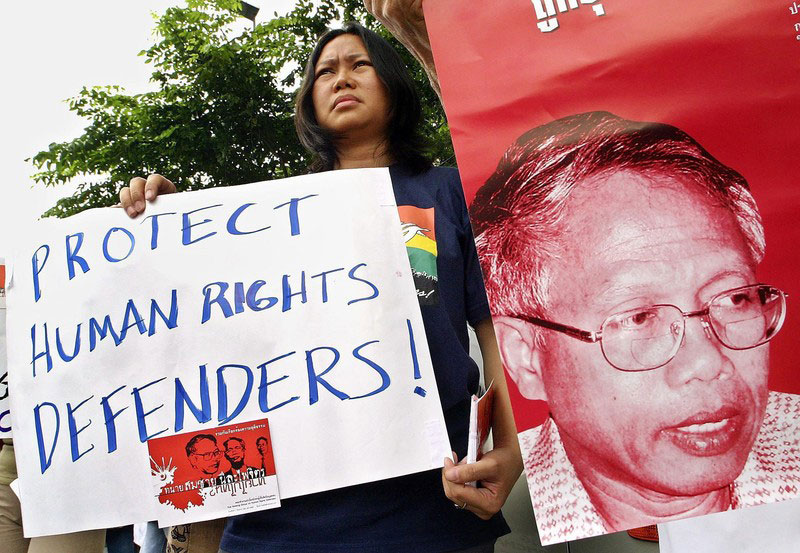
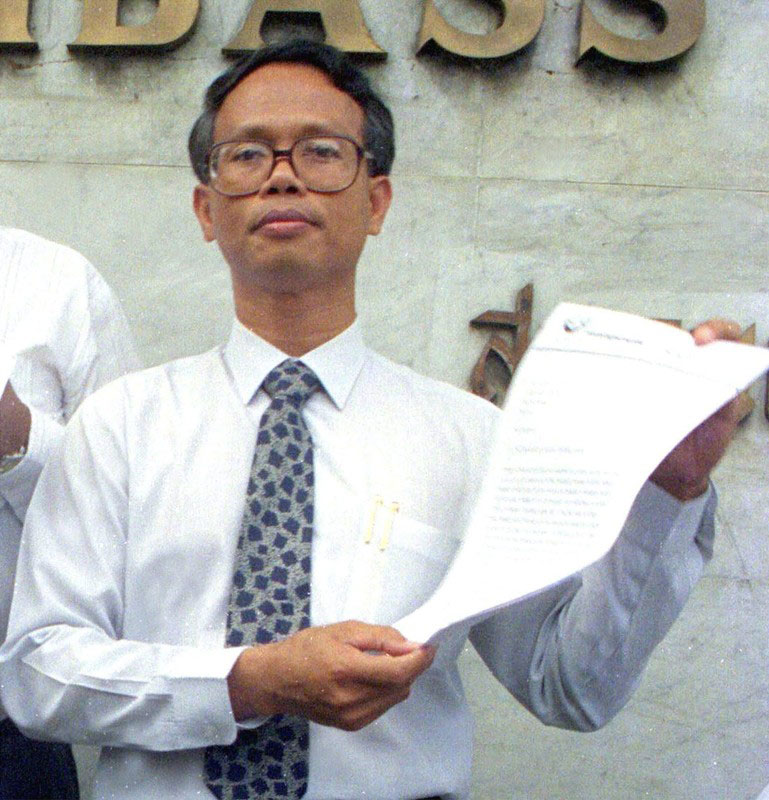
But the 34-year-old Siam is a much lesser-known figure. Along with his comrades Chucheep Chivasut and Kritsana Thapthai, his is one of the latest disappearances in what some believe to be an orchestrated campaign to silence dissidents. The three men were reportedly last seen in Vietnam, but rights groups speculate that they were extradited to Thailand by the Vietnamese authorities after they had entered Vietnam using fake Indonesian passports. The Thai government has denied any involvement in their disappearance.
Although forced disappearances have long plagued the nation, the latest military coup in 2014 led to swift rise in disappearances as well as a wave of lèse–majesté charges forcing dozens of political dissidents to flee north to neighbouring Laos.
On top of the disappearances, pro-democracy activists have been frequently brutalised by masked thugs. Rights groups, academics, and much of the public are demanding answers, but there is little for them to do but watch as this climate of repression metastasises like a cancer through the kingdom.
Linda Lakhdhir, legal advisor at Human Rights Watch and author of a recent report detailing the rampant legal repression faced by critics of the Thai regime, said that the disappearances of activists have been deeply concerning.
“In Laos, five Thai anti-monarchy activists were abducted and murdered,” Lakhdhir told Southeast Asia Globe. “In Vietnam, three Thai dissidents – who ran online anti-monarchy radio programmes – were sent back to Thailand and have since gone missing.”
Siam was one of those last three dissidents.
‘The Wolf Bride’
Kanya said that Siam started studying politics and Thai history when in his early teens. He also volunteered to join the monkhood while he was studying and took part in community development projects. She said that he was a believer in equality and advocated for the rights of migrant workers and immigrants. He loved Cambodian culture with a passion and was often found with his nose in Cambodian novels. He had thoughts of becoming a civil servant one day, but instead decided to stay home and help his father with his air-conditioning business. He was also a fan of the arts and widely consumed poetry and Thai novels. It was this very interest that would ultimately change his life.
“One day he told me that some students were putting on a play and that he wanted to be an actor in it,” Kanya recalled. “But this is when all the trouble began.”
The play, called The Wolf Bride, marked the 40th anniversary of a pro-democracy student-led uprising at Thailand’s Thammasat University in October 1973. It told the story of a fictional king, and was heavily satirical. Despite its fanciful setting and fictitious characters, the theme was quickly interpreted as deeply insulting by the conservative Bangkok establishment.
Shortly after Siam’s performance, police met him at work and told him that he could be charged with lèse–majesté, or insulting the nation’s untouchable monarchy. In Thailand, criticism of the king, queen heir-apparent or regent can carry a punishment of up to 15 years in prison. Once a lèse–majesté charge is levelled, there is little room for argument.
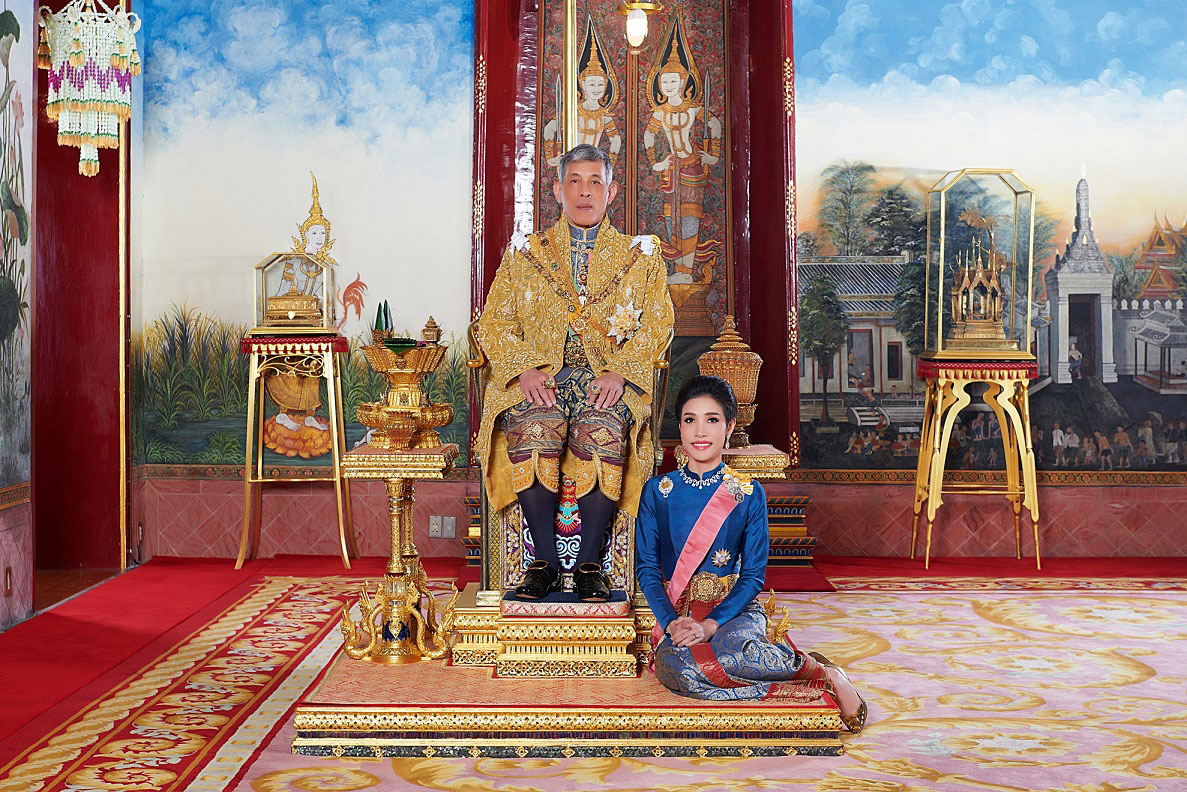
Time to flee
After the military coup in 2014, Siam and fellow students who were involved in the play worried they stood scant chance of avoiding prison. Some performers even reported receiving threats from unidentified men months after the curtain had fallen. Siam and his young dissident peers decided that staying in Thailand was simply too dangerous. To them, their future in Thailand meant only prison or worse. In 2014, Siam crossed into neighbouring Laos with a group of other dissidents to escape the charges.
After fleeing Thailand in 2014, he rarely contacted his family. He believed that his phone calls were being monitored and was reluctant to send messages via messenger apps, not wanting to put his family in a difficult situation should the police ever seize their phones. At that point, the cops were visiting their house once a month to check if he was back. But not long after he left Thailand, Siam became a regular sight on talk radio-like Youtube videos that criticised the monarchy.
Siam’s sister, Ink, said that she believed her brother would appear in the videos largely to signal to those he’d left at home that he was safe. Despite appearing in many of the videos, she said, Siam didn’t seem particularly adamant about the words coming out of his mouth.
“Then after January 27 the clips stopped coming,” she said.
“We had a serious conversation together before he left. He said, ‘if you don’t hear from me for three months, it means we are moving locations’. So after he disappeared for a while I started to think there was something off,” she continued.
But weeks went by without contact and no new videos were posted. It was at this point that she knew she had to contact his friends and fellow exiles in Laos to see if they knew what had happened.
“That’s when I messaged Faiyen and they told me he was caught.”
Last known whereabouts
Faiyen is a Thai musical group of exiled dissidents who were also forced to flee Thailand due to lèse–majesté charges. The group has written and performed satirical songs that were deemed by authorities to be insulting to the monarchy.
While hiding out in Laos, the band began receiving death threats from unknown men through text messages. The threats peaked only a few months ago when they started receiving texts that clearly indicated that they were being watched even in exile. Just months before the escalation, three of their friends and fellow dissidents disappeared, with two of the men later found murdered and disembowelled. The group scrambled to flee and pleaded with rights groups and the UN to help them escape.
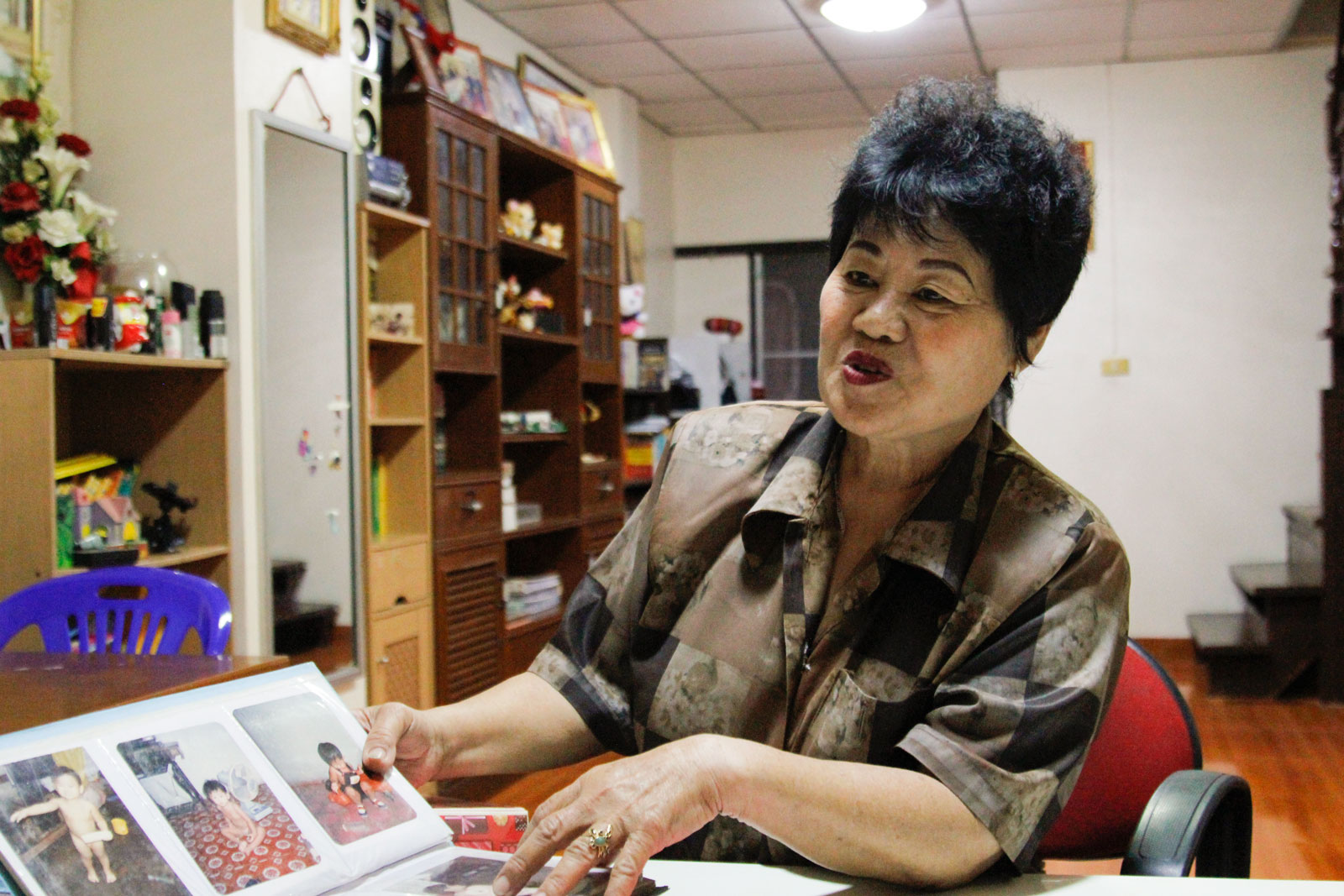
Finally, the musical group fled to France earlier this year and are currently applying for asylum. Siam was good friends with members of the group, so his sister Ink knew to reach out to them if she suspected anything happened to her brother.
Siam was associated with the Organization for Thai Federation, a republican group regularly denounced by Thai authorities. The alleged leader of the group, Chucheep Chivasut – known to his followers as ‘Uncle Sanam Luang’ – was adamant about publishing videos that challenged the military-palace alliance. Chisavut advocated for a federalist republic. He felt that to make an impact, they needed to conduct themselves with an intensity that often felt radical at times. But those who knew Siam say that he didn’t always agree with the approach.
“Uncle Sanam Luang is very extreme. Siam’s thoughts and perspectives did not fully align with his,” said Siam’s close friend and fellow exiled dissident, Romchalee “Yammy” Sombulrattankul.
“But because [Chivasut] was the leader of the group, they were all associated with the image presented,” she explained. “The videos had this image that they were all extreme and rebellious. But Siam was never extreme.”
“He definitely knew that there is a problem in Thailand, but he was always realistic. He’s not like the others. He knew that he couldn’t win, he was always realistic,” she said.
Yammy explained that after prominent dissidents began disappearing around them in Laos, it became clear that the country was no longer safe for those who criticised the Thai establishment. So in January, Siam decided to join Chivasut in travelling to Vietnam where they felt they would be safe.
But months went by and the group was still silent. In May, Faiyen got wind that the group were detained by Vietnamese immigration officials. At that point, many lost hope that they would ever hear from the men ever again.
“I hope that he is still alive,” Yammy told Southeast Asia Globe. “Because he was one of my closest friends during my stay in Laos. He deserves to live more than I do. He is truly a good person,” she said.
“But there is no evidence of him still being alive. He would have sent a signal. But there hasn’t been a signal from him.”
Since Siam vanished, his family hasn’t stopped searching for answers, filing police reports and asking rights groups to try to retrieve information on his whereabouts. But so far Thai authorities have denied involvement in his disappearance, with the police even telling Kanya to quit searching for him because too much time had elapsed, she explained. Although the family understands how difficult it will be to find their son, Kanya’s mother says she will keep trying.
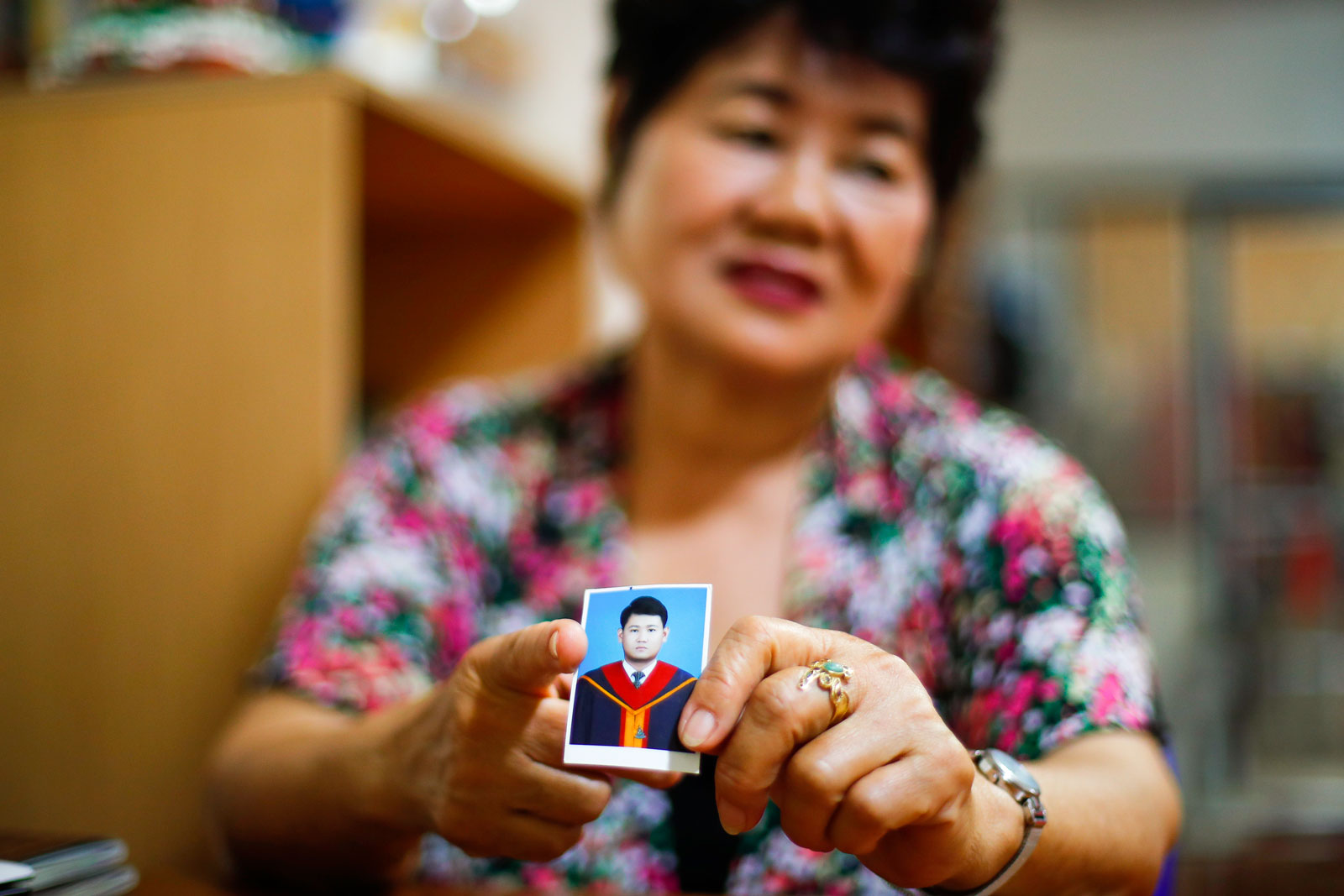
One of Siams’s closest friends told Southeast Asia Globe that when they met, he was struck by Siam’s intelligence and humility, recalling how he developed contrarian views during his university years.
The friend, who spoke on condition of anonymity – for fear that even talking about Siam could lead to trouble with the authorities – recalled his last contact from Siam.
“Last Christmas, Siam sent me a greeting message. I texted him back with a blessing, which he read. But I didn’t know that would be the last time we’d talk. He just quietly disappeared.”
For his friend, Siam’s vanishing attests to how stifling Thailand has become for those who dare speak out against the government.
“In the last five years there’s been so much news about political activists abroad who have disappeared or found dead,” the friend said. “All the news started to scare me.”
Still, the friend hopes that Siam is alive and well.
“I can only hope that Siam has survived. The state of the country has changed a lot. I wish I could go on a walk with him or sit together and talk like we used to when he was here.”
His mother also recalled the last time she spoke with Siam.
“In our last phone call he just kept asking about me,” Kanya recalled. “He was worried about me because he couldn’t be here with us. He said, ‘I know I’m far away, but I’m always thinking about you. I wish I could be home with you. But I need you to know something. I don’t know if I’ll be able to come back.’”

